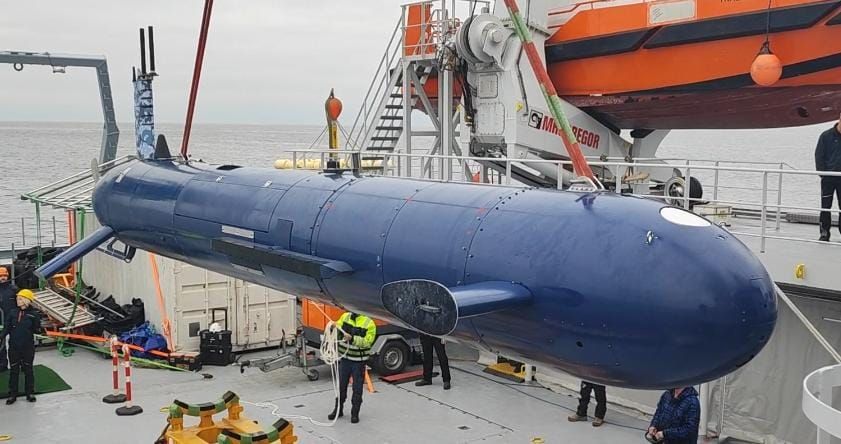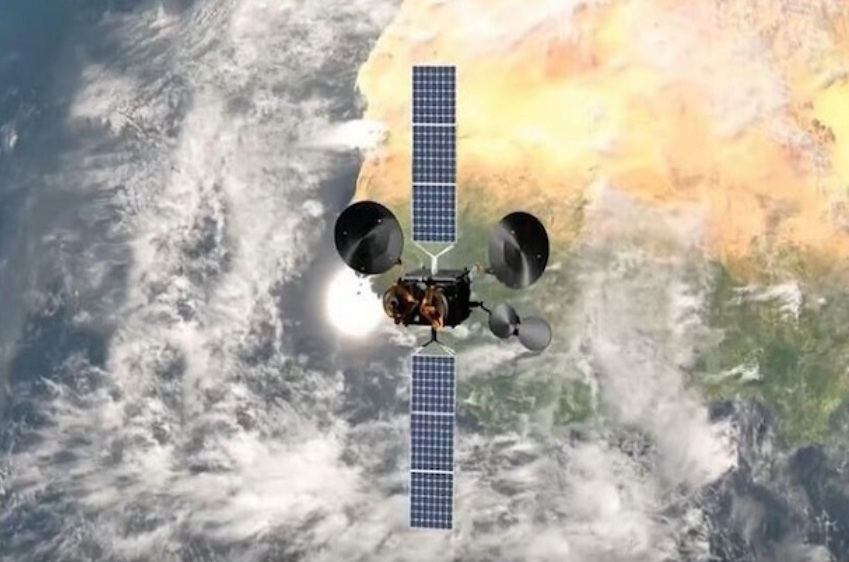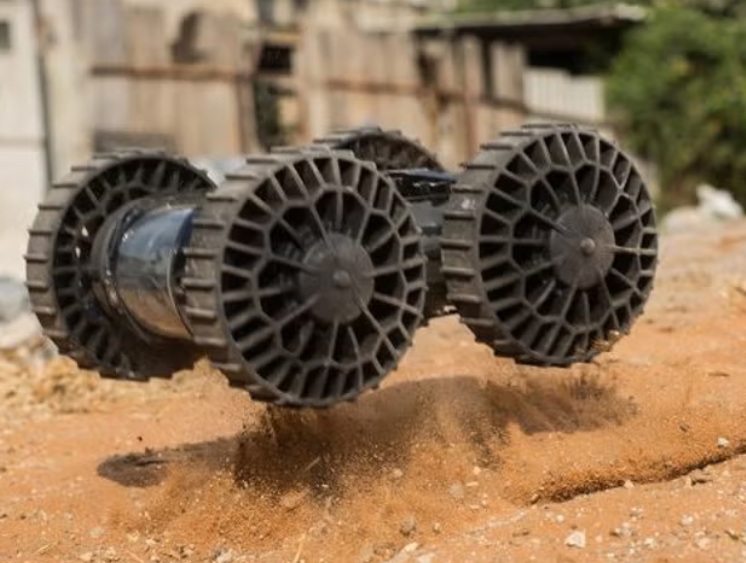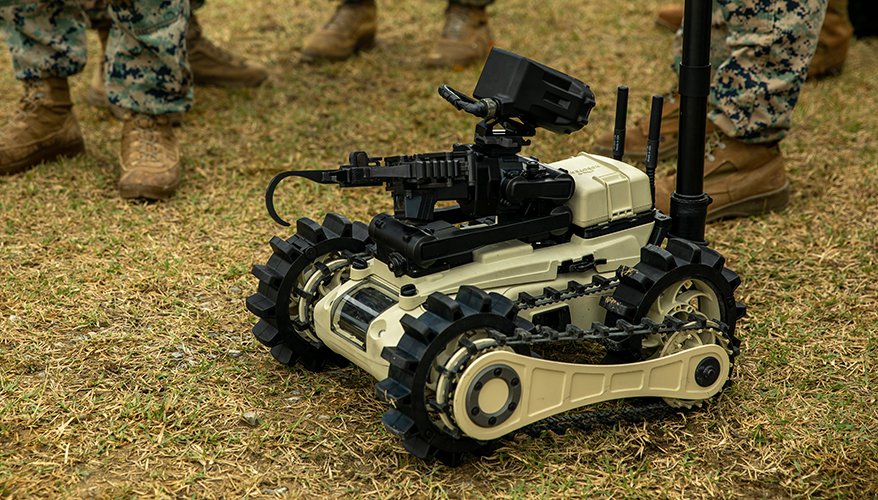Greece is the first country to buy it and Germany is next in line.
By Hezy Laing
European interest in Israel’s cutting-edge autonomous submarine, the BlueWhale, has surged in recent months, with Greece and Germany leading the charge toward acquisition.
Developed by Israel Aerospace Industries (IAI) in collaboration with Germany’s Atlas Elektronik, the BlueWhale is redefining naval warfare and intelligence gathering, offering capabilities that rival manned submarines—without the risk to human life.
In May 2025, Israel and Greece signed a Memorandum of Understanding (MoU) in Athens for Greece to purchase the BlueWhale system for the Hellenic Navy.
This agreement includes plans for integration and potential co-production, with Greece’s Hellenic Aerospace Industry (HAI) playing a key role in adapting and manufacturing the submarine.
The collaboration reflects Greece’s intent to strengthen its undersea defense capabilities and move toward technological autonomy in maritime security.
The BlueWhale, developed by Israel Aerospace Industries (IAI), is a large uncrewed underwater vehicle capable of performing missions like anti-submarine warfare, mine countermeasures, and intelligence gathering.
Measuring 10.9 meters in length and weighing 5.5 tons, the BlueWhale is equipped with a telescopic mast that houses radar, electro-optical sensors, and satellite communication antennas.
This allows it to transmit real-time data to command centers on land or at sea, even while submerged.
Its sonar systems, mounted along both sides of the hull, enable it to detect underwater threats and map the seafloor with remarkable precision.
It can operate autonomously for 10 to 30 days, dive to 300 meters, and be deployed rapidly using standard shipping containers.
Germany’s enthusiasm for the BlueWhale stems from its performance during extensive trials in the Baltic Sea, part of the Bundeswehr’s Operational Experimentation (OPEX) initiative.
The unmanned submarine demonstrated its ability to conduct covert reconnaissance, submarine detection, acoustic intelligence gathering, and mine-hunting—all while operating autonomously for weeks at a time.
The submarine’s appeal lies not only in its stealth and endurance but also in its alignment with Europe’s evolving defense strategies. Germany’s “Navy 2035+” plan prioritizes autonomous systems and rapid innovation, making the BlueWhale a natural fit.
Vice Admiral Jan Christian Kaack of the German Navy visited Israel in 2024 to observe the system firsthand, and the BlueWhale was showcased at NATO’s Repmus exercise, drawing attention from military representatives of over 30 countries.
While Germany is currently in advanced negotiations to purchase the BlueWhale, other EU nations are reportedly watching closely.
The submarine’s ability to perform high-risk missions without crew, at lower operational costs, is especially attractive in an era of rising underwater threats and budget-conscious defense planning.
Boaz Levy, president of IAI, summed up its strategic value: “The autonomous submarine can perform most of the missions of a manned submarine for several weeks at a time, at minimal cost and maintenance, and without putting a crew at risk”.
If finalized, the deal could mark a new chapter in European-Israeli defense cooperation—and position Israel as a global leader in autonomous naval technology.











































